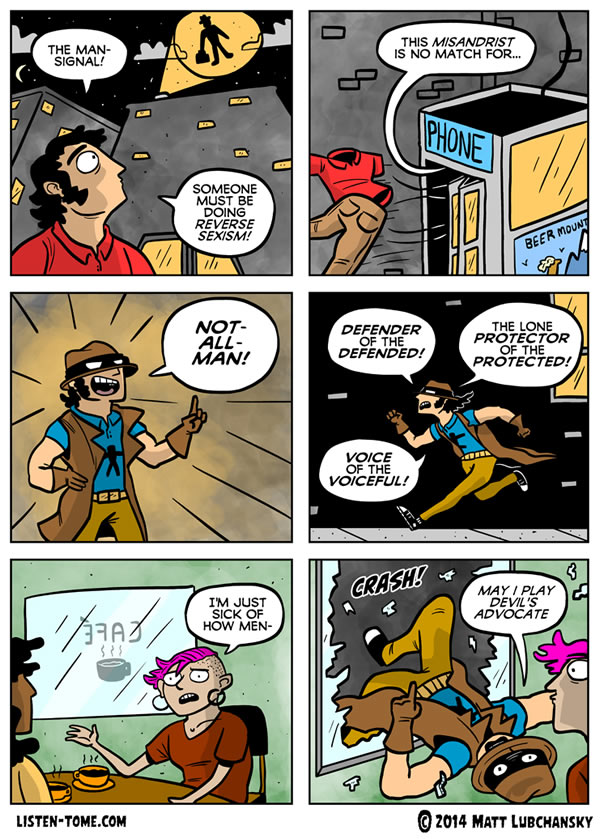BoingBoinged!
Thousands of readers paid a visit to this site yesterday, thanks to Cory Doctorow’s article, The Economist defends America’s enslavement of Africans, which referred them to my article on the matter. Thanks, Cory!
I can’t think of a better description

A photo of my legroom in United’s “Economy Minus” class.
If you ever need to describe The Economist to someone, you might do well to borrow Leah Finnegan’s lede from her recent article:
The Economist is an intentionally fusty British news-aggregation magazine for people who pretend their Economy Plus airline seat is a wing chair by the roaring fire in a manor house.
The funny #economistbookreviews continue!
If there’s an upside to The Economist’s terrible book review, it’s that it’s given rise to a burst of creative writing. Ever since they published the review, and even more so after their retraction, Twitter users have been writing capsule reviews of well-known works (tagged with #EconomistBookReviews), in ways they imagine The Economist would’ve written them:
Nowhere in Dostoevsky’s portrayal of Siberia do we find an evenhanded appraisal of the benefits of forced labor #economistbookreviews
— Elif Batuman (@BananaKarenina) September 6, 2014
The enormous lion was Coward, I say, for manipulating four children into a coup against the rightful Queen of Narnia #economistbookreviews
— Drug Monkey (@drugmonkeyblog) September 5, 2014
Objective history is clear: Primo Levi survived & Auschwitz did not, yet in his book he represents Jews as the victims #economistbookreviews
— Philip Gourevitch (@PGourevitch) September 5, 2014
This is not an objective story of the Titanic. Almost all the passengers are victims, almost all icebergs villains. #economistbookreviews
— The Bowery Boys NYC (@BoweryBoys) September 5, 2014
This account of the My Lai massacre is advocacy. The villagers are all victims, the US GIs who shot them all villains. #economistbookreviews
— David Corn (@DavidCornDC) September 5, 2014
Mr. Sinclair’s treatment fails to even discuss the potential health benefits of adding human flesh to processed meats. #EconomistBookReviews
— Chaos (@chaosprime) September 4, 2014
There’s no recognition at all of Sauron’s impressive record creating jobs for orcs and growing the Mordor economy. #economistbookreviews
— Ben Railton (@AmericanStudier) September 4, 2014
“Sadly, Mr Orwell never explains to the reader how much worse life was in Oceania prior to Big Brother’s ascendancy.” #economistbookreviews
— Stephen Spencer (@sspencer_63) September 5, 2014
The author has not considered that as a free citizen of a liberal society, Wally/Waldo has the right not to be found #economistbookreviews
— Vanessa H (@HPS_Vanessa) September 5, 2014
The other hashtag: #NotAllSlaveOwners
The other popular hashtag made in response to The Economist’s review is #NotAllSlaveOwners, which plays on the recent #NotAllMen, which summarizes this attitude:

Hipster Reagan was Economisting before it was cool

So The Economist got in trouble for a review that complained a book on slavery was unkind to the people who owned the slaves. Guess who said something similar about “Roots”? Ronald Reagan, quoted in the Washington Post, February 14, 1977, p. A3:
“Very frankly, I thought the bias of all the good people being one color and all the bad people being another was rather destructive.”
Thanks to AZSpot.net for the find!

